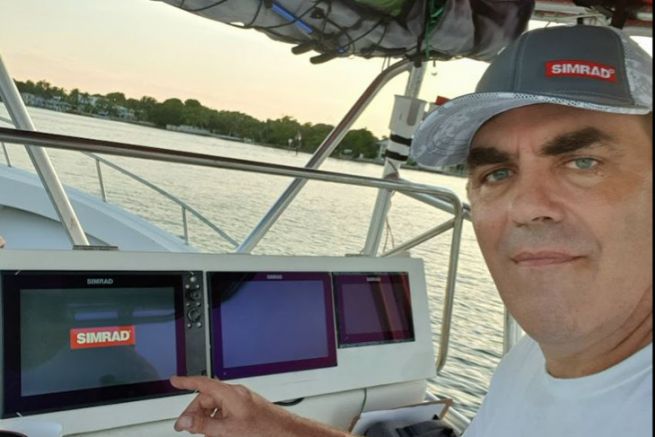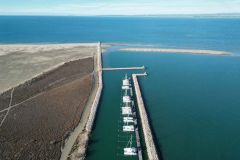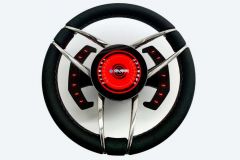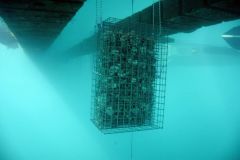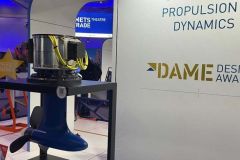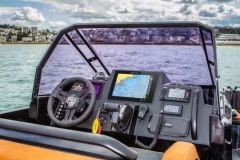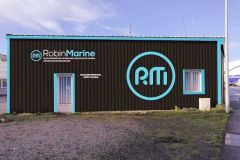On the occasion of the 75th anniversary of the marine electronics brand Simrad, we spoke with its CEO Mike Fargo, who joined the company in 2004. He answers BoatIndustry's questions about the history of the brand, but also about his vision of the future of boating electronics.
In the 75 years of Simrad's existence, what have been for you the key moments and contributions to the industry ?
For starters, there aren't many companies that are 75 years old, especially in electronics. Simrad has created many iconic products. For starters, the radio that gave it its name. Simrad comes from Simonsen Radio, created after the war for merchant ships. In 1950, we made the first fishfinder for fishing, then radar. In 1982, there was the first automatic pilot. More recently, in 2009, with the launch of the BR24, the first broadband radar, we really changed the market. We were alone at the beginning and we could have given up. Today, it has already evolved 3-4 times since the launch.
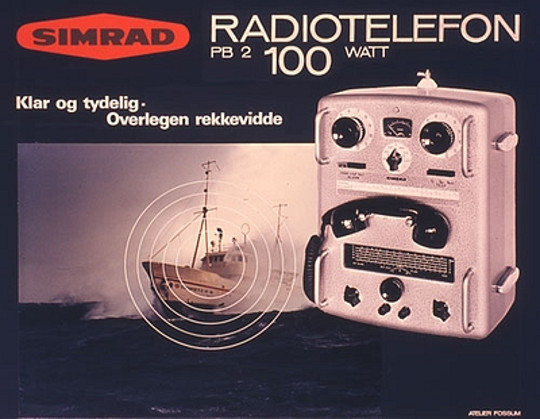
What have been the most important collaborations with Simrad's partners?
We work with many partners, boat builders and equipment manufacturers. In particular with the Brunswick group for more than 15 years, both with Mercury, the boat brands or C-Zone equipment for example. This is a great image of collaboration and the arrival of Navico within Brunswick is a nice consequence.
How do you see the future of Simrad, especially through the automation of the boats ?
From a personal point of view, I think that autonomous boat is not the right word, even if it should be used like in other sectors. It implies putting the boater outside the boat. Instead, we need to help the boater to focus on what interests him/her in sailing. We need to stay with what Simrad's DNA is, to provide high performance in all situations, as we do for workboats and yachts. Systems are becoming more and more complex. We are good at putting data together and we will continue to make these interconnections. There has always been automation, in AIS, in charting... The industry is at the beginning of the journey. The first step is to make sure that the partners' equipment talks to each other. The next step is to make it easier for the boater. We are working with the shipyards to develop more integrated solutions, especially for large boats, and then to roll them out to smaller boats.
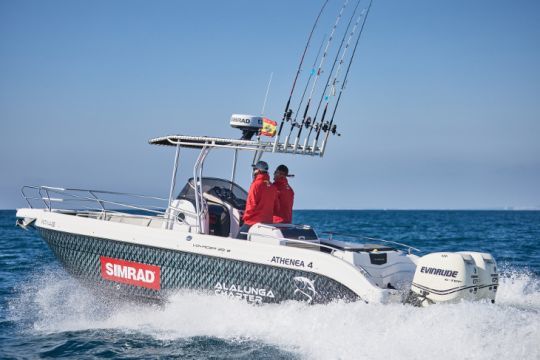
What impact does integration into the Brunswick Group have?
There's already a lot of technology sharing and exchange going on within Navico with Lowrance and B&G as it relates to boaters. This will also be true within Brunswick. Our approach to automation is very similar to Brunswick's ACES strategy.
What consequences can the Coronavirus crisis have on marine electronics in terms of industry and its place on ships?
There is a lot of talk about simplifying, especially boats. That doesn't always mean less electronics, but doing it better. At Navico, we have benefited from the arrival of the new boaters and I think the growth will continue to be significant because they need navigational aids. In terms of supply chain and organization, we have always been very international, with a significant presence in Italy, New Zealand, the UK... We continue to rely on our large factory in Mexico and our suppliers in Asia.
